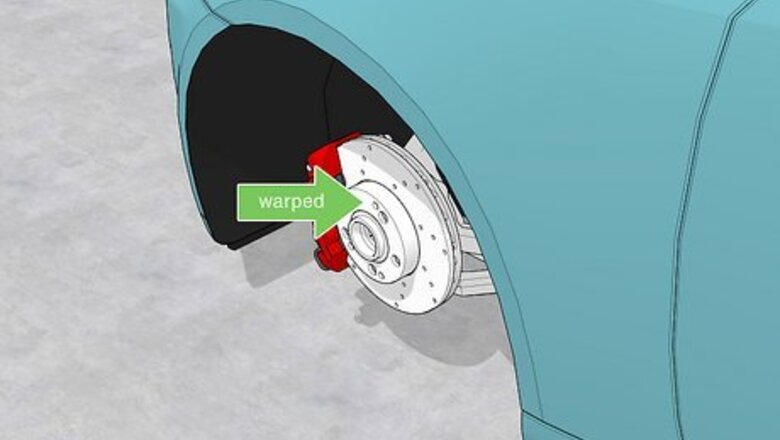
views
Causes of Shaking while Braking

Your brake rotors are probably warped. The brake rotors are the circular metal discs that are connected to the wheels. When you press the brake pedal, hydraulic fluid pushes the brake pad against the rotor to slow the vehicle down. If your rotors aren’t perfectly flat, even, and uniform, the brake pad will wobble inconsistently against the rotor. This is the most common cause of braking shaking. If you notice that this shaking gets worse when you’re going down hills or brake at higher speeds, it’s almost positively a warped brake rotor causing the issue. This often happens due to disuse if a car is sitting in storage for a long time. However, repetitive overheating can also cause rotors to warp.

Worn brake pads Do you hear any squealing accompanying the shaking when you brake? If so, your brake pads are probably worn out and need to be replaced. Brake pads are covered in a sticky metal that provide friction, but if that metal wears down, the ceramic plate will wobble against the rotor and cause shaking. Look at your brakes. If you see black or dark dust sticking to the discs, your brake pads are almost positively worn down. Brake pads need to be replaced every 10,000–20,000 miles (16,000–32,000 km), so it may simply be time to swap the pads out.

Sticky brake calipers Every brake has a caliper. The caliper holds the brake pad in place, and it's what physically moves when you press the brake pedal. If the calipers aren’t responding properly to your brake pedal inputs, they can end up sticking or rubbing against the rotors on one wheel but not the others. This uneven friction will cause wobbling when you break. You’ll probably notice your vehicle pulling to one side if this is the cause of the shaking. Brake calipers stick when there’s something off about the brake system itself. It could be a failure of the hydraulic lines or an issue with the brake lines. If you drive an older vehicle with drum brakes, you don’t have calipers—you have brake shoes that press against the rotors. These brake shoes can stick the same way calipers do, but see a mechanic who specializes in drum breaks to check it out.
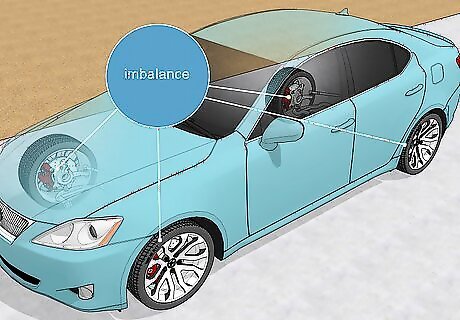
Brake imbalances Brake imbalances can be caused by a variety of different underlying issues. Perhaps the brake pads weren’t installed symmetrically or one of the calipers is damaged. An imbalance can also be created by one of your tires having a drastically high or low air pressure. Whatever the cause, this kind of imbalance can cause vibrating while you brake.
How to Fix the Problem
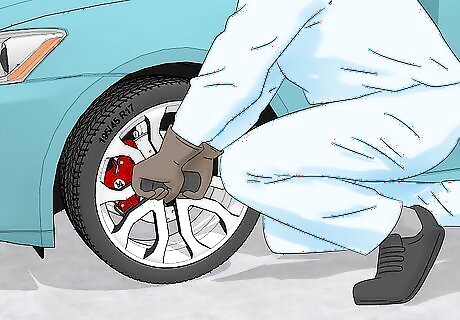
See a mechanic to have them diagnose and fix the issue. The brakes are the most important component in your vehicle, and the risks of having inadequate control over your braking power are high. As a consequence, it’s best to not tinker with your brakes at your home garage—even if you know how to work on the other parts of your car. Take the vehicle to a qualified mechanic to have them diagnose and repair the issue. Replace your brake rotors if they're warped. That will typically run $200-400. A simple tire tightening or differential adjustment should only cost you about $100. Replacing your brake pads may cost $115-300 per axle. Changing your calipers will run $100-500 depending on how specialized they are.
Can I drive if my vehicle shakes while braking?

No, it’s best to avoid driving if your vehicle is shaking. To be absolutely clear, it’s perfectly fine to drive your vehicle to the nearest mechanic if you can maintain control and you go slow with your hazards on. But you cannot keep driving as you normally would if there’s something wrong with your braking ability. If you lose the ability to brake or the shaking gets extreme enough, you could lose control of your vehicle and risk crashing. You may also be doing serious damage to your axles and braking system, as well. Hire a tow truck to avoid doing irreparable damage.
Other Causes of Vehicle Shaking
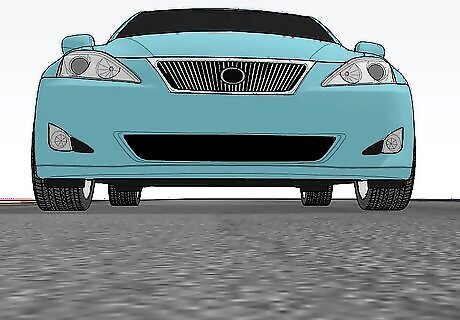
Wheel imbalances Wheel balance refers to the distribution of weight along the entire wheel assembly. If something is off though, it can cause your vehicle to shake. This is normally caused by one side of a wheel or axle being repaired or adjusted while the other side is left alone, although wheel damage and tire pressure differentials can also cause this. This shaking will get worse the faster you drive, but you may not notice it getting worse when you brake. You may also notice your vehicle drifting to one side when you let go of the steering wheel.
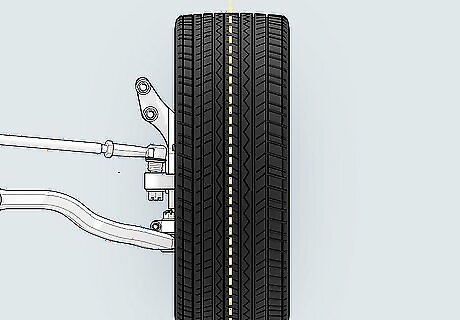
Bad alignment Alignment refers to the angle of each wheel. If the wheels aren’t adjusted to be perfectly aligned with one another, your vehicle won’t handle or steer correctly. If the problem gets bad enough, you’ll notice shaking that gets worse the faster you drive. Bad alignment can also cause brakes to wear down asymmetrically. If your car and steering wheel automatically pull to one side, it’s a huge signal that your alignment is off.
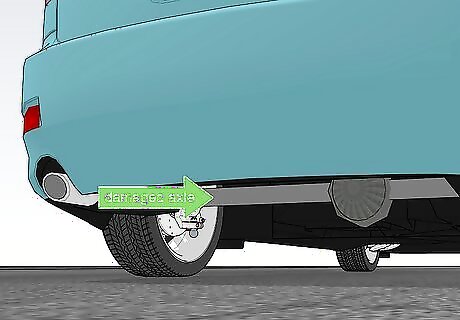
Axle damage Your vehicle’s axles are responsible for holding your tires in place and transferring power from the engine to the wheels. If an axle is damaged, it can cause your vehicle to shake. This shaking should get worse when you accelerate or brake abruptly. Axles can be damaged by collisions, but it’s common for axles to be damaged by repetitive wear and tear, potholes, or poor roads.
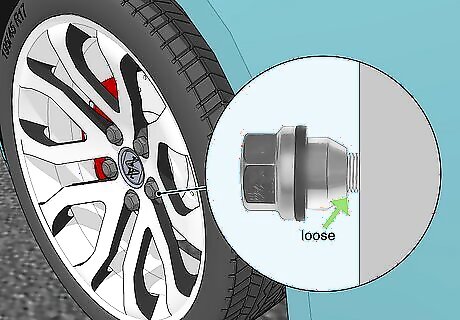
Loose lug nuts The lug nuts pin the tire against the wheel assembly. If one of the wheels has loose lug nuts, the tire will wobble. This will trigger a shaking sensation that gets especially bad when you slow down or allow the vehicle to idle. Lug nuts rarely come loose on their own, but it can happen if you replace a tire and don’t tighten each nut entirely. If you just changed a tire and your car suddenly starts shaking, pull over and go check your work. Tighten each nut again to ensure they’re completely secure. When replacing a wheel, refer to your vehicle’s manual to find the correct torque specifications for your lug nuts. Use a torque wrench to tighten your nuts to the proper levels.












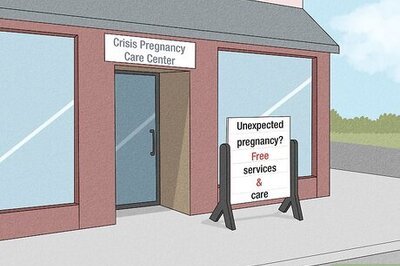
Comments
0 comment